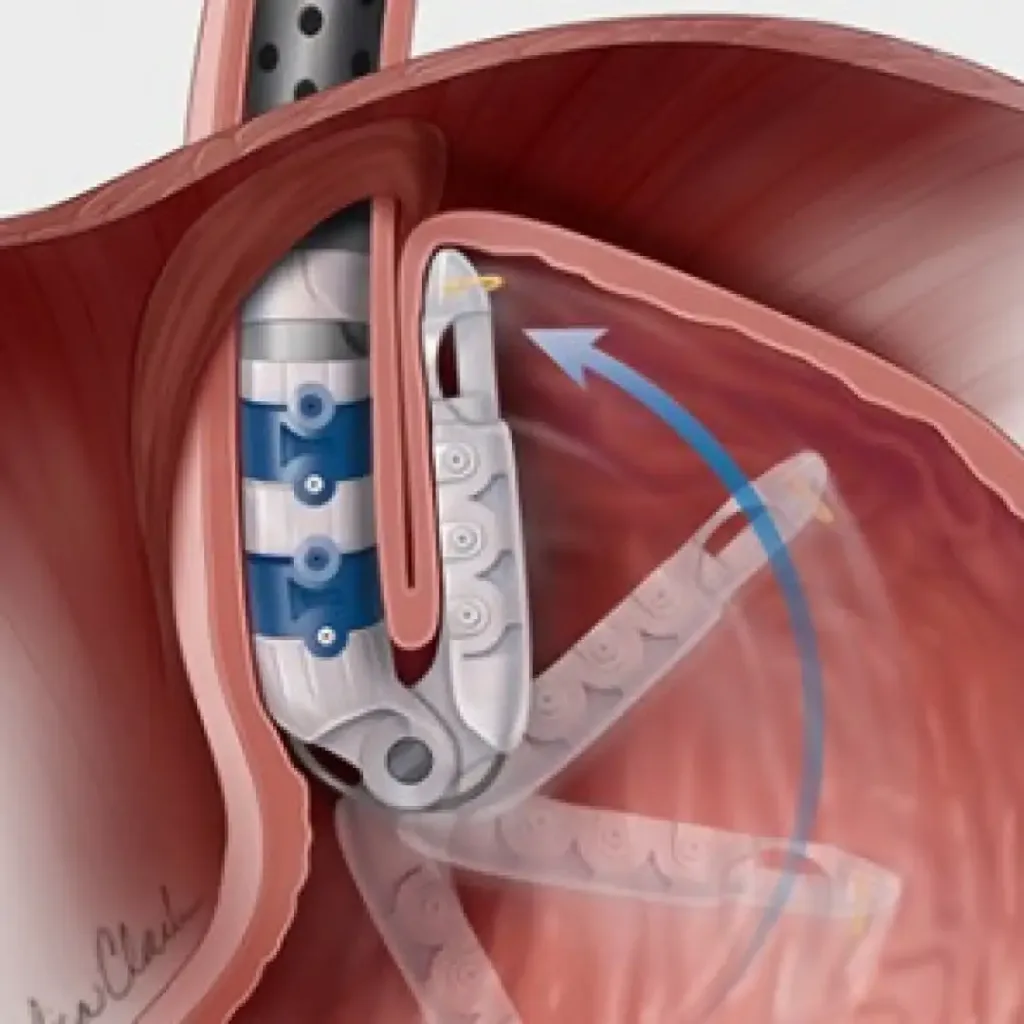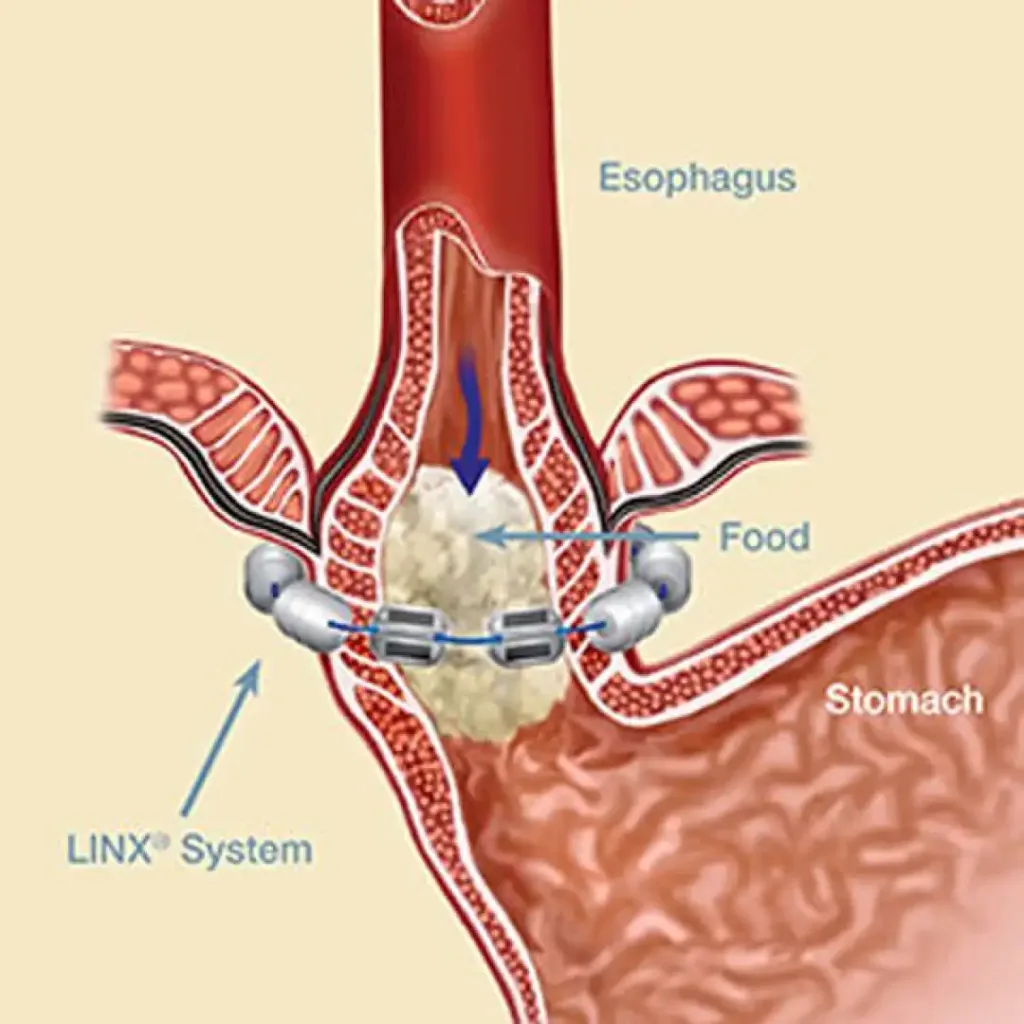Gastroenterology
Should you fast before an abdominal ultrasound?
An abdominal ultrasound is a non-invasive imaging procedure that uses sound waves to get detailed images of organs and structures in the abdomen. It is commonly ordered to assess a wide range of gastrointestinal issues.
Unlike some procedures, abdominal ultrasounds generally do not require any extensive preparation like fasting. This makes it a convenient diagnostic test for patients. The main exception is if your ultrasound is scheduled in conjunction with another procedure that involves sedation or you have existing gastrointestinal issues. Fasting helps prevent vomiting and aspirating stomach contents once sedated.
Additionally, having food or fluid in your stomach can impact image quality, as gas and solids can obstruct organ visualization. If the ultrasound targets the gallbladder, pancreas or liver specifically, your doctor may recommend fasting for 4 to 8 hours beforehand. This ensures clearer pictures and accuracy.
Aside from these specialized situations though, there is no universal fasting rule prior to a standard abdominal ultrasound. You can typically eat and drink as normal. Just be prepared to have a moderately full bladder, as you may be asked to hold urine which enables better imaging.
In summary, fasting is often unnecessary preparation for an abdominal ultrasound, allowing normal intake up until the test. But confirm if any restrictions apply based on procedural specifics or clinical concerns to support optimal results.







